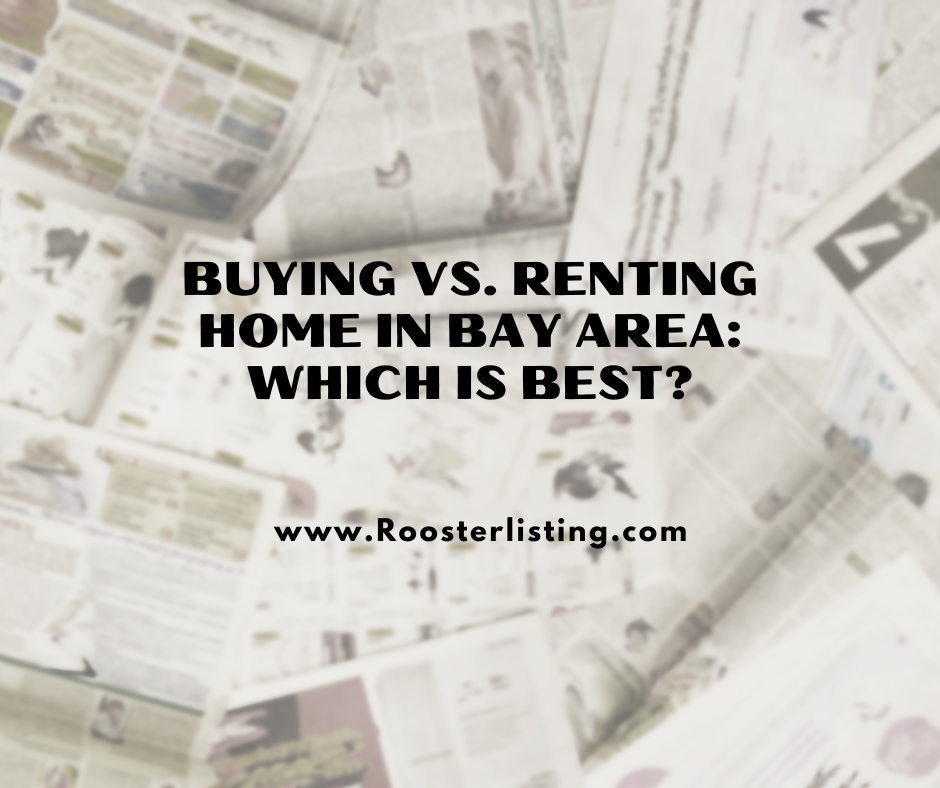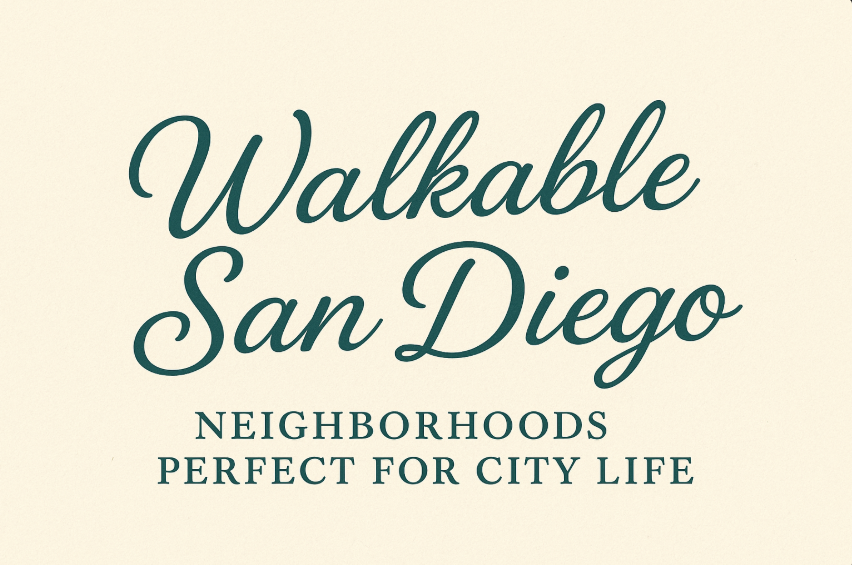Introduction to Buying vs. Renting a Home
Buying vs. renting a home in the Bay Area is a decision many face when moving to or residing in this vibrant region of California. Known for its high cost of living, competitive Bay Area real estate market, and diverse housing options, this choice depends on a variety of personal and economic factors. Whether you’re planning to settle down long-term or need short-term flexibility, understanding the advantages and disadvantages of both can help you make an informed decision.
In this comprehensive guide, we explore the nuances of the Bay Area real estate landscape and help you determine which path aligns best with your unique circumstances.
Understanding the Bay Area Housing Market
The Bay Area housing market is one of the most competitive in the nation. Cities like San Francisco, San Jose, Oakland, and Palo Alto boast high demand, low inventory, and rising property values. As of 2025, the median home price in the Bay Area exceeds $1.2 million, driven by strong tech industry influence and limited space for new development.
Despite high costs, the area remains a magnet for talent and investors due to job opportunities and quality of life. Rental markets are also tight, with average monthly rent surpassing $3,000 in many neighborhoods.
For buyers, market conditions can be intimidating. Competitive bidding, cash offers, and fast sales cycles mean preparation and strong financials are essential. Renters, on the other hand, often face annual rent hikes and limited lease flexibility.
Understanding these dynamics is crucial before making a decision. It sets the stage for weighing the lifestyle trade-offs and financial commitments of buying vs. renting.
🌐 Further reading: https://www.investopedia.com/articles/personal-finance/083115/renting-vs-owning-home-pros-and-cons.asp
Identifying Your Lifestyle Preferences
Before diving into numbers, it’s important to evaluate your lifestyle and future goals. Do you envision staying in the Bay Area long-term? Do you need flexibility for job changes or relocation? Are you looking to start a family or build long-term wealth?
Lifestyle indicators that favor buying:
- Plans to stay in the area for 5+ years
- Desire to customize or renovate living space
- Interest in property investment and equity building
- Stable employment and income
Lifestyle indicators that favor renting:
- Career uncertainty or short-term job contracts
- Preference for mobility and travel
- Budget constraints or lower savings
- Avoidance of maintenance responsibilities
Ultimately, your home should support your daily needs and future aspirations. Aligning housing decisions with lifestyle goals ensures greater satisfaction and financial health.
Advantages of Buying a Home in the Bay Area
Building Equity and Long-Term Investment
One of the most compelling reasons to buy a home is the opportunity to build equity. With each mortgage payment, you gradually own more of the property. Over time, this can lead to significant wealth accumulation, especially in a high-appreciation market like the Bay Area.
Equity benefits:
- Home values in the Bay Area have historically appreciated 5–7% annually
- Equity can be tapped through home equity loans or lines of credit
- Homes can serve as rental properties for additional income
Beyond equity, real estate is a tangible asset that often outperforms other investment vehicles during inflation. Owning property also offers tax advantages, including mortgage interest and property tax deductions.
📘 Explore investment potential: Forbes Real Estate Investment Strategies
Stability and Control Over Your Space
Homeownership provides a sense of permanence and control. You decide how your home looks, feels, and functions. This freedom is often lacking in rental situations, where lease agreements and landlord restrictions apply.
Benefits of control:
- No rent increases
- Freedom to remodel, repaint, or landscape
- Establishing roots in a community
- Greater privacy and autonomy
In neighborhoods with high demand, owning a home can also offer protection against displacement and rising rents. For families with children, it means consistency in schools and social circles.
Advantages of Renting a Home in the Bay Area
Flexibility and Lower Upfront Costs
Renting offers unparalleled flexibility. For newcomers to the Bay Area or those unsure about long-term plans, renting minimizes risk and financial commitment. There’s no need for a large down payment, and exiting a lease is simpler than selling a home.
Why flexibility matters:
- Easier to relocate for new jobs
- Shorter lease terms (6-12 months)
- Minimal long-term financial risk
Renters also avoid many closing costs, insurance obligations, and property taxes. These savings can be redirected toward other investments or experiences.
Maintenance and Fewer Responsibilities
Owning a home means being responsible for everything—from plumbing issues to roof repairs. Renters, by contrast, usually have landlords or property managers to handle maintenance and emergencies.
Maintenance-free benefits:
- No repair or replacement costs
- 24/7 property management in some buildings
- Time and cost savings on upkeep
For busy professionals or those without DIY skills, renting reduces stress and preserves lifestyle flexibility. It also provides access to amenities like gyms, pools, and security without additional cost.
Comparing Costs: Buying vs. Renting
Initial Expenses and Hidden Costs of Buying
Buying a home in the Bay Area involves significant upfront expenses:
- Down payment (typically 20% = $200K+ on a $1M home)
- Closing costs (2-5%)
- Home inspection and appraisal fees
- Moving and furnishing expenses
Hidden ongoing costs:
- Property taxes (~1.25% annually)
- Homeowners insurance
- HOA dues (common in condos or townhomes)
- Repairs and regular maintenance
These costs can stretch budgets, especially for first-time buyers. It’s vital to have reserves beyond the purchase price.
Renting Costs: What to Expect
Renting may seem less expensive monthly, but it’s important to look at the bigger picture.
Typical monthly rent:
- Studio: $2,500
- 1BR: $3,200
- 2BR: $4,000+
Renters may also pay:
- Security deposit (1–2 months’ rent)
- Utilities and renters insurance
- Application and admin fees
Unlike homeownership, renting offers no return on investment. Rent payments don’t build equity or provide tax deductions, making them purely an expense.
Key Factors to Consider
Market Trends and Economic Conditions
Timing is critical in real estate. Buyers should monitor mortgage rates, inventory levels, and regional employment trends.
2025 Bay Area highlights:
- Interest rates holding around 6.5%
- More inventory due to new housing projects
- Tech layoffs and hybrid work shaping demand patterns
Economic downturns can impact both buyers and renters, but homeowners with fixed-rate mortgages may enjoy more stability than those facing rent hikes or job relocations.
Conclusion: Making Your Decision
There’s no one-size-fits-all answer when deciding whether to buy or rent in the Bay Area. It depends on your finances, lifestyle, and long-term vision.
Buy a home if:
- You plan to stay in the area for 5+ years
- You have savings for a down payment and emergencies
- You want to build wealth and gain stability
Rent a home if:
- You need flexibility for work or personal reasons
- You prefer minimal responsibility
- You’re still saving or exploring where to live
Take the time to evaluate your goals, consult real estate professionals, and use tools like RoosterListing.com to explore current listings, rental options, and market insights.
Whether you buy or rent, being informed ensures you make the best decision for your future in the Bay Area.








Leave a Reply